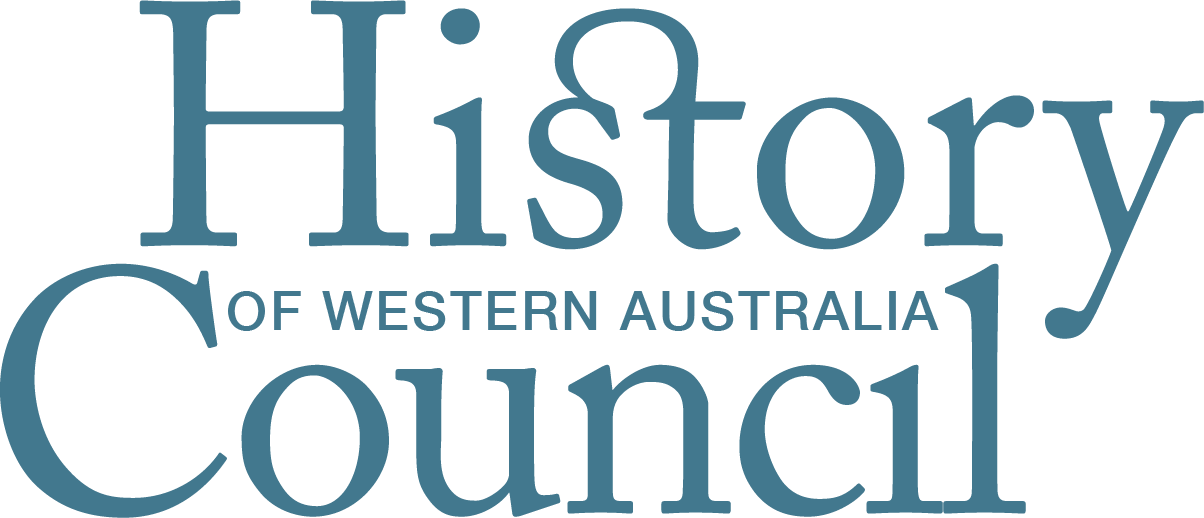Christine Cobby mending books, Circulation Division, Library Board of WA, 1966, Ali Sharr, State Library of WA 007074d
Access to Family Records
The History Council of Western Australia advocates that :
- the Government amends the Births, Deaths and Marriages Act 1998 so that access to the births, deaths and marriage Registers of this State are brought in line with the requirements of the FOI and State Records Acts.
- More generally, the Council urges the Government to consider access to family history information and recommends that access be provided in accordance with the State Records Act, if not already in place.
Background
The principle of free and equal public access to public records is well established in democratic nations throughout the world. It is embodied in archival and freedom of information legislation in many countries and is considered to be a foundation component of ensuring democratic accountability. The public takes it for granted that they will have access to the records of their governments.
In Western Australia, Parliament has supported this principle in its enactments. The basic principle of the FOI Act 1992 is that current records should be open for public inspection unless there is a sound public interest reason why they should not be. The spirit of the State Records Act 2000 is to facilitate open access to State archives by the community unless special conditions apply. The Act provides that government records which become ‘state archives’ are publicly accessible, unless there is something sensitive about their contents. This general principle of public access is to ensure transparency and accountability of government, as well as to enable equity of access for historical and other research.
Only a few pieces of legislation over-ride the State Records Act, including the Births, Deaths and Marriages Act 1998 (BDM Act). The Registrar General of Births, Deaths and Marriages has the discretion under the BDM Act to grant access to portions of the register (registration commenced in 1841).
Births, Deaths and Marriages
For many years, historians, family historians and other researchers have sought general public access to view information about life events, such as births, deaths and marriages. Through inquiries into 'Stolen Children', 'Lost Generations' and forcible adoptions, it has become increasingly clear that access to information about ourselves and our ancestors is critical in establishing our rights as members of a civil society and in improving our mental and social health.
Currently, the only way for the general public to get access to the information in the register is to pay for an individual certified copy of each entry (i.e. a certificate). But most researchers do not wish to have a certificate, unless they can be certain that it relates to their person of interest. Rather, they wish to see the information in the Register first, and to obtain a copy of the relevant certificate. Researchers may be looking at social status, religious backgrounds and occupations for social history or other research purposes. As the information is not being used to demonstrate a person's legal identity for purposes such as passport or driver's licence, the need for a fully certified copy of the entry may be reduced or non-existent.
The Registrar has previously argued (Foley vs Registrar of Births Deaths and Marriages – http://decisions.justice.wa.gov.au/SAT/SATdcsn.nsf) that access to the Register for historical research would represent a burden to the Registrar and may lead to preservation issues for the Register. However, questions of preservation for the archival records held in the State archives collection, including historic BDM registers, are the responsibility of the State Archivist. Aligning the access regime for these registers with other archives would ensure that the registers are dealt with along the same lines as exist for other records of similar age and style in the State archives.
There is no sound public policy reason for not opening the historical parts of the Births, Deaths and Marriage Registers to general public access in accordance with the access regimes already in place for certified copies (100 years for birth records, 30 years for deaths, and 75 years for marriages). As noted above, our attitudes towards this information and the events that are documented are changing, towards more open access.

